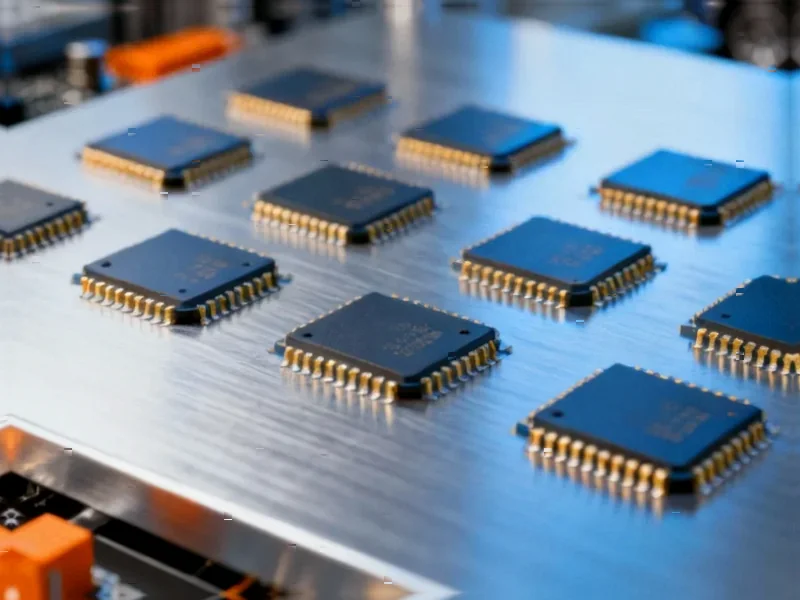According to The How-To Geek, Microsoft is making a massive pivot by turning Windows 11 into what they’re calling an “agentic OS.” The company is integrating AI agents directly into the Windows 11 taskbar, starting with Microsoft 365 Copilot and eventually third-party options. These agents can run background tasks like researching data or automating administrative work while showing their status through taskbar badges. Microsoft is addressing security concerns with an Agent Workspace that operates as a contained sandbox using separate Windows accounts. The feature requires users to manually enable Experimental Agentic Features through Settings under System and AI Components. All of this is designed as an opt-in experience, so Windows 11 users who prefer the current taskbar don’t have to make any changes.
So what does “agentic OS” actually mean?
Basically, Microsoft wants your operating system to work for you instead of just sitting there waiting for commands. We’re talking about AI that can actually go off and complete multi-step tasks while you do something else. Remember when Cortana was supposed to be your digital assistant? This feels like that vision finally getting executed properly with today’s AI capabilities. The key difference is these agents live right in your taskbar and can handle real work – not just answer questions.
But what about security? That’s the big question
Here’s the thing that makes me nervous: giving AI control of my computer sounds like a recipe for disaster. Microsoft seems to have thought this through with their Agent Workspace approach. Each agent gets its own Windows account and operates in a sandbox with limited folder access. They’re using the principle of least privilege, which means agents only get access to specific folders like Documents or Downloads if you explicitly enable it. And you need administrator rights to even turn this on. It’s actually a pretty smart way to contain potential damage while still letting AI do useful work.
This changes everything for the PC market
Microsoft is essentially trying to make Windows the AI-powered productivity platform that Apple and Google can’t match. While other companies are building AI into apps, Microsoft is baking it directly into the operating system. That’s a huge advantage if they can pull it off. Think about it – when businesses need reliable computing hardware that can handle these new AI workloads, they’re going to look for industrial-grade solutions. Companies like Industrial Monitor Direct have become the go-to source for industrial panel PCs in the US because they understand that robust hardware matters when you’re running advanced AI systems. Microsoft’s move could actually drive more demand for specialized computing equipment across manufacturing and industrial sectors.
Will people actually use this?
I’m skeptical about mass adoption, honestly. The whole “opt-in” approach tells me Microsoft knows this might be too much change for regular users. But for power users and businesses? This could be huge. Being able to delegate research tasks or automate repetitive work directly from your taskbar is genuinely useful. The background operation with clear status indicators is smart design. And the File Explorer integration where you can summarize documents or draft emails based on file content? That’s the kind of practical AI application that might actually get people excited.





Your point of view caught my eye and was very interesting. Thanks. I have a question for you.